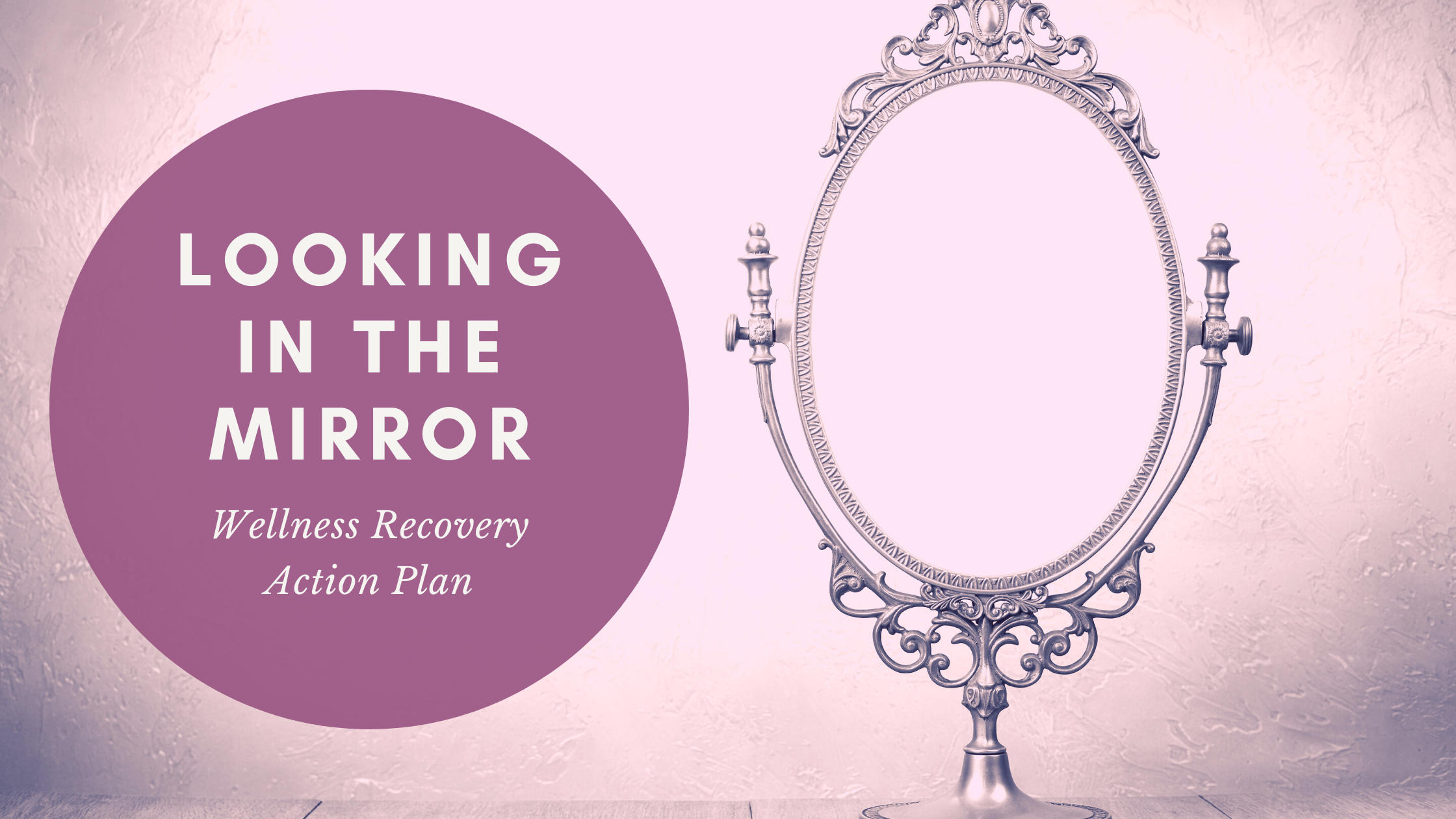“I loved my experiences with WRAP and I love my experiences with support group and I’m going to continue, and I’d recommend it for all kinds of people.”
Jennifer M. is a graduate of two WRAP classes and is very clear about what MHANI support programming means to her.
WRAP is a 16-hour course where peer facilitators work with participants to develop strategies to aid their recovery effort. Support groups meet regularly, allowing people with similar shared experiences to discuss, among other things, how to develop personal coping skills.
In her mid-20s, diagnosed with depression, anxiety and PTSD, Jennifer was, for the most part, able to manage. Physical activity was a big part of her staying mentally healthy. Then, a chronic physical condition rendered her homebound, denying her the opportunity to use her social and coping skills.
“Once I could no longer do the physical things that had helped me cope, the depression, anxiety, and PTSD were really ruling my brain.” It took time and more than one doctor to sort out her situation. It was frustrating, which didn’t help with her mental health challenges. Everything just felt like it was getting worse.
Eventually, she received a proper diagnosis that better addressed her chronic physical condition. She recognized that it was time to address her mental health, her other chronic challenge.
“I was just coming out of what had been a really, really rough several years,” she said. “I looked in the mirror and recognized what I saw there for the first time in many years. I was at the point where I could start thinking about how to recover some semblance of a life.”
As one of her first steps, she began attending a MHANI support group for people with anxiety and depression. It was there she learned about WRAP.
Wellness Recovery Action Plan (WRAP) is a recovery course that supports people experiencing high levels of stress and other personal challenges. WRAP is beneficial to anyone experiencing any kind of challenge, from a physical condition such as diabetes, to a mental health condition like depression, etc. The goal is to help people take control of their own recovery, grow their resilience, and create a self-determined personal plan to get and stay well.
“It sounded really appropriate for where I was at,” Jennifer said. Her first class was in person, in a room with four to eight people who were also working to regain control of their lives. The camaraderie with others who had been through hard stuff like she had was welcome and helped her rediscover life outside of her house. She was ready to move forward.
Hope, responsibility, education, self-advocacy, and support: WRAP revolves around these five key concepts and how they relate to you and your recovery effort. By the end of the course, participants create a plan, a changeable living document, that underlines their best strategies for further recovery.
“The first time I went through WRAP I still didn’t know my new self,” Jennifer said. “You know you want to get better and you want to make changes, but the BS in your head is much louder.” By the end of her first WRAP, Jennifer’s plan wasn’t quite ready. That’s okay, and perfectly in line with the program’s goals. Each participant has their own needs and learning styles. It takes time to see how things can fit together.
“I think WRAP does a good job of gently stating and restating what the terms are, what the goals are,” she said. “I still benefitted from the first time through, even though I didn’t know which end was up at that point.”
The second time, she took the course virtually, after COVID-19 precautions moved all WRAP classes online. Pandemic aside, things were on the upswing for Jennifer.
“I was in a different place. I had different knowledge. I had a few more supporters. I knew what I could fill in with the plan.” Terms and concepts presented during WRAP sessions made more sense. She kept digging deeper, along with the others.
“By the end of it you’ve talked about some pretty heavy stuff,” she said. “It creates a natural bond with the class and the facilitators, which is really nice.” Interacting with this dedicated group is leading to increased confidence in social situations. What she learned from WRAP is what works as she continues to move forward with her recovery.
“Bring whatever you can bring to this right now and that’s good enough.”

